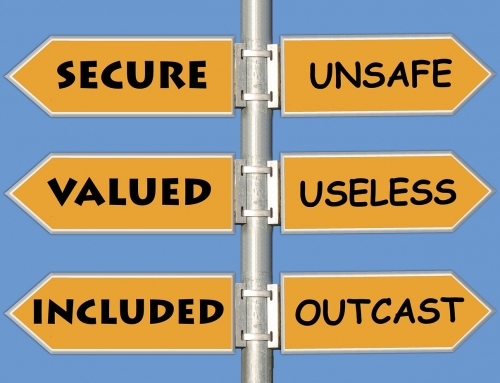Stress is an Everyday Killer: 8 ways to beat stress
A recent online study conducted by a research group at Auckland University, revealed that one in nine adults and one in six women are on anti-depressants in New Zealand. Prescription rates increased by 37 % in the five years between 2007 and 2012…

That’s a lot of people. Does the country really have a silent epidemic of depression where nearly 10 percent of the adult population are using medication? With numbers like these, it’s clear that we don’t know how to separate illness from adaptation to life’s pressures. We’ve forgotten how to deal with stress.
If you feel anxiety; have no energy; struggle to get out of bed; lash out; are edgier than normal; dread your day; feel like you cannot cope or feel like you have lost sight of your life then it’s time to take stock of your life and manage your stress levels.
You will have your own version of stress, whether it’s being the breadwinner, the aftermath of restructuring and the unrealistic expectation of managers, paying your mortgage, keeping your business afloat; care of children, care of elderly parents, being unemployed and so on.

The key to stress is to understand it. In emotional terms, stress is an overall umbrella feeling given to the feeling that ‘I don’t know what to do. ’ As a result you will also experience the feelings ‘I don’t have the right coping mechanisms for my circumstances; or I don’t feel good enough.’
Stress is an emotion signal that tells you that you have moved beyond what you know. Like all emotions, the signal and the solution lie within feeling. So if you see a child run in front of a car, in your fear, you rush to remove the child from the car’s path. Your fear has given you the both the signal that you need to act, and also the action.

In mechanics stress is defined as the force across a ‘small’ boundary per unit area of that boundary, for all orientations of the boundary (Wikipedia). From an emotional perspective, that means that the purpose of stress is designed to help you develop emotional muscle- learn what to do, and learn how how to cope. If you are experiencing stress you are being taught to listen to your emotional signals and act appropriately upon them. Stress is your signal to act and restore balance in your life.
Below are some simple tips on how to deal with stress effectively:

1. Learn to listen to yourself
The reason stress builds up is that you override what you feel. Without your feelings to guide you, you have no way of managing your world. So start listening.
2. Identify why you believe you cannot cope
What’s wrong with you (or your life)? If you need to create change in your life, do you have the skills to make those changes? If you need to learn how to say no, you might need to reach out and work with a professional who can teach you these skills.

3. Manage your expectations.
Adjust your expectations of what you think you need to do, and what you think others want from you. There is no requirement to be superman or superwomen in this life-time.
4. Be honest with yourself
Are you spending your free-time on energy draining activities such as face-booking and watching television? In small doses, these activities give you a boost, in larger quantities; they have the same effect as sitting at your computer screen at work all day– they drain you.
5. Reach out
With a huge to-do list and an overburdened sense of responsibility, you can become isolated in your jobs, separated from your families and friends. So reach out and connect. The old saying that a problem shared is a problem halved is more about connection and not being alone. Open up and let the love that surrounds you into your life.
6. Meditate
It is well-documented that meditation is a good all round cure-all for stress. Switching your mind off to an inactive mode will switch off your stress and allow your creative self to emerge. I’ve written 6 tips on how to deepen your meditation here.
7. Centering
Remind yourself of what it means to be you to restore your balance. If you need to go ride your Harley-Davidson, go out for a drink with girlfriends, or be creative, even twenty minutes ‘being you’ will restore your balance.

8. TAKE ACTION. TAKE CONTROL.
Stress is the signal your inner self is sending, telling you that it’s time to grow emotionally. Listen to yourself to release STRESS from your life.
Lucille Henry PhD








Recent Comments